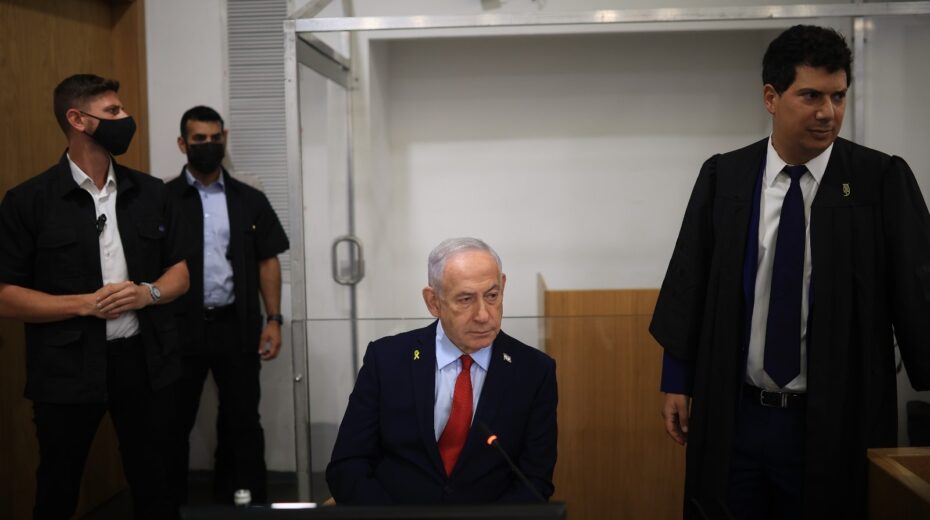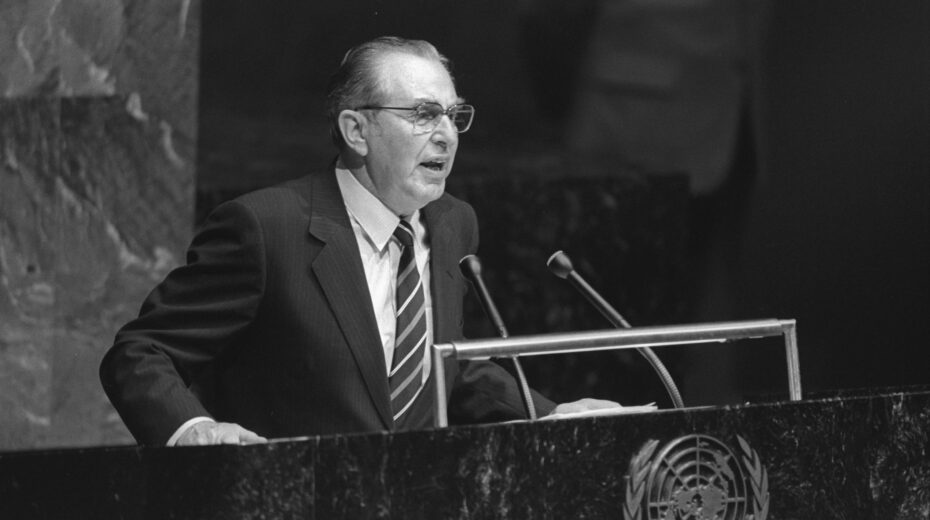A dramatic political development late Wednesday night might have Prime Minister Benjamin Netanyahu spooked regarding his chances of winning Israel's upcoming national election.
Just prior to the Thursday evening deadline for registering new parties and mergers ahead of the election, the main two centrist parties, Yesh Atid and Israel Resilience, reached an agreement to run on a joint list.
The leaders of the two parties, Yair Lapid and Benny Gantz, agreed to share the premiership should their joint list be tasked with forming the next government. According to the deal, Gantz would be prime minister for two years, and then hand over the reins to Lapid for the final two years of their term.
And, according to the most recent polls, the Lapid-Gantz alliance has a very real shot of unseating Netanyahu.
Surveys conducted just this week showed Netanyahu's Likud winning between 30-32 seats in the next Knesset. Gantz's Israel Resilience is expected to win between 20-24 seats, and Lapid's Yesh Atid will take 10-12 seats.
Combined, the two centrist parties will almost certainly have more seats than Likud, giving President Reuven Rivlin ample opportunity to choose someone other than Netanyahu to head the next government, which Likud sources suggest he has been itching to do for some time now.
Signaling his concern over this new development, Netanyahu's Likud immediately issued a statement claiming that a government led by Gantz and Lapid would quickly reveal itself to be left-wing in policy and push an Arab-driven agenda. Many saw the statement as a hysteric response reminiscent of Netanyahu's last-minute announcement during the last national election, when he urgently called upon right-wing voters to race to the ballot box to counter the "busloads of Arabs" being brought in to vote.
PHOTO: Could Israel's longest-serving prime minister be on his way out? (Noam Revkin Fenton/Flash90)











